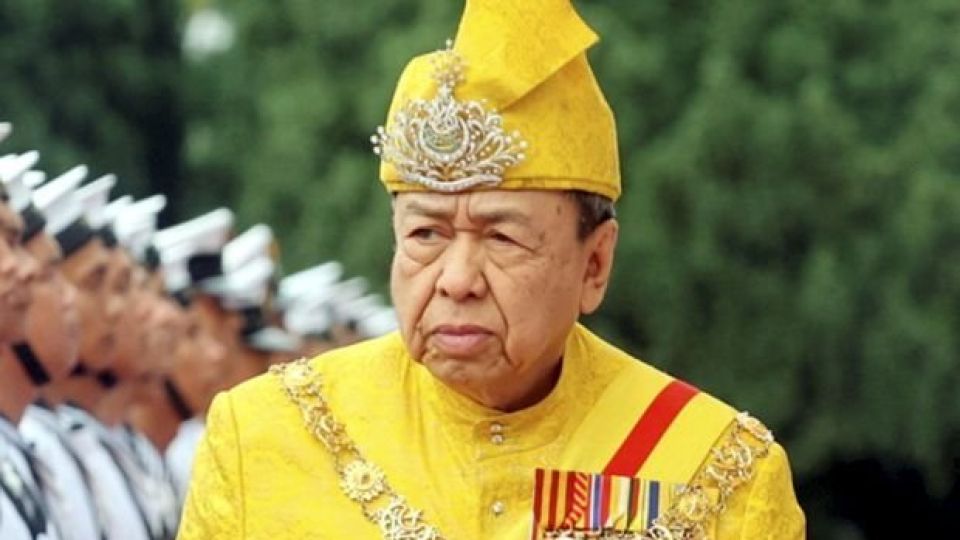September 13, 2023
KLANG – Politicians must ensure that national unity and harmony are upheld at all times and they have no business issuing fatwa (religious edicts) as they wish, Selangor Ruler Sultan Sharafuddin Idris Shah has decreed.
The country, said the Sultan, would regress should political leaders harp on propagating racial polarisation and instigating people.
The Ruler said politicians must know their place and not issue religious edicts. If they did so, it was an irresponsible act.
He also reminded all Malaysians, in particular those wielding political power, to ensure that national unity and harmony were upheld at all times.
“The country will regress in every aspect if political leaders are keen on propagating racial polarisation and instigating the people in the name of race and religion,’’ said the Sultan, who is chairman of the National Council of Islamic Religious Affairs (MKI).
Fatwas, said the Ruler, could only be issued by state fatwa committees or mufti after receiving the respective state ruler’s approval.
“At the same time, the National Muzakarah Committee, which is under MKI, is responsible for issuing legal opinions (related to the fatwa) after discussions with muftis of every state and the approval of the Council of Rulers,’’ said Sultan Sharafuddin.
The Sultan also urged police to take proactive action in investigating and initiating action against those who raise sensitive issues involving religion, race and the position of the Malay Rulers to deter others from doing the same.
The Ruler told politicians to remember that unity was the nation’s foundation for success.
According to Sultan Sharafuddin, those who fall for the instigation of political leaders could have feelings of suspicion, disagreement, discord and division.
“Extreme polarisation will create elements of radicalism and extremism and can threaten national security.
“Leaders and politicians must instead inculcate national unity among the various races,’’ he said.
The Sultan said his reminder did not mean that he was taking the side of any group or political party.
“I am urging that religion not be used as a tool to gain support because the people will become victims in the fight between politicians who ride on religion.’’
In recent times, several politicians have issued fatwas on how people should vote, claiming that people could go to heaven or hell depending on how they voted.
Sultan Sharafuddin said political leaders should be proposing economic development programmes for the benefit of all. Efforts should also be made to banish divisions among Malaysia’s multiracial and multireligious people.
The Ruler added the younger generation should also be taught tolerance and understanding of the culture and religion of the various races in the country, and reminded everyone of the social contract which protected the rights of every Malaysian.
“The people must not be instigated to create dissatisfaction and suspicion,’’ said the Sultan.
Sultan Sharafuddin added that whilst the Malay Rulers and the Rulers Council were there to protect the rights of the Malays and Islam, the Rulers were also responsible of ensuring the rights and safety of Malaysians of other races.
On fatwas, the Sultan said they were issued not solely based on the individual opinion of one mufti but on the collective and majority consensus of the MKI’s National Muzakarah Committee and the state fatwa committees, which are all made up of religious experts.
These measures were to ensure that fatwas were accurate, he said, adding that the recent practice of political leaders issuing fatwas was becoming a dangerous trend.
“If political leaders and politicians were allowed to issue fatwas, it will only create strife, division and violence in society, which will in turn destroy the civilisation of a race.
“I would thus like to remind and urge everyone, especially political leaders, to immediately stop issuing fatwas irresponsibly.
“I am not willing to see the people divided by the antics of some irresponsible political leaders,’’ said Sultan Sharafuddin.
The Ruler also said it was worrying that issues involving race and religion were always being played up to garner support and votes.

